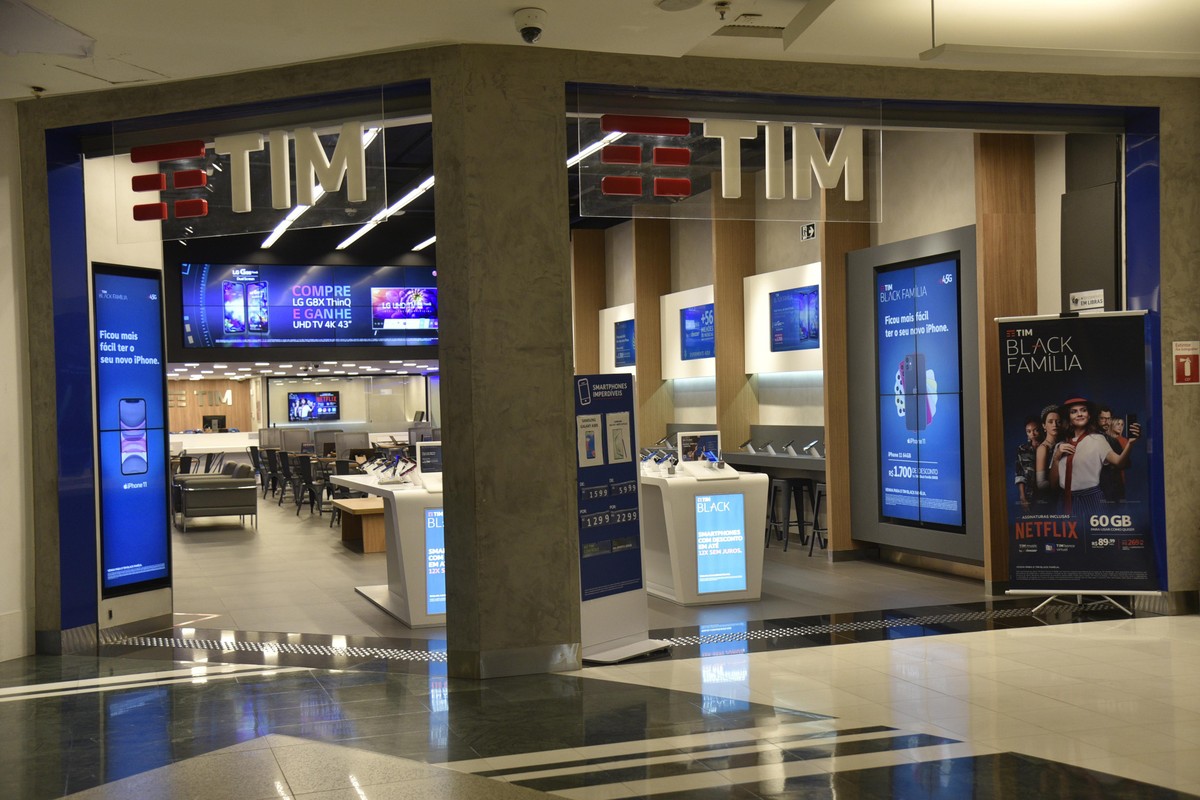With a 1.5% share of Brazil’s fixed broadband market in number of users, TIM Brasil is assessing ways to increase the business’s profitability, including the possibility of merging its fiber-to-the-home (FTTH) operation with a mid-sized internet service provider, Valor has learned. Despite having hired Santander to advise on repositioning its fixed broadband business, the carrier has no plans to sell its base of over 800,000 subscribers and 6.5 million homes passed.
The fiber network belongs to I-Systems, a neutral telecom infrastructure company in which TIM holds 49% and IHS Towers owns the remaining 51%. According to a source familiar with the matter, the Italian multinational is willing to acquire IHS Towers’ stake in I-Systems. From there, it could contribute its customer base (not all of which is on I-Systems’ network) and network infrastructure to a merger of I-Systems with an independent broadband provider with roughly 1 million subscribers. Asked for comment, TIM declined.
In Brazil’s highly fragmented and competitive market, the small “club” of independent providers with over 1 million subscribers includes Alloha, Vero, and V.tal (through its Nio business unit). These companies, according to Valor’s business website Pipeline, have already shown interest in talks with TIM.
Contacted by Valor, Vero and V.tal declined to comment. Alloha did not respond despite repeated requests for information.
In this scenario, according to a telecom market source, TIM could even end up with a minority stake in the resulting broadband provider but would significantly increase its market share.
TIM Brasil CEO Alberto Griselli has repeatedly said in recent quarters that the company does not intend to increase its exposure to the broadband market, but stressed at the end of July that it had no plans to sell the assets either. The argument is that fixed broadband can fit into a long-term strategy based on service convergence.
“[The option of] divesting the business is not on the table. What we need is to create value from it,” the executive said when second-quarter results were released. Valor learned that the strategic guidance remains unchanged, but talks around the broadband business are still at an early stage, as another source put it.
“The neutral network [of I-Systems] is a means, not an end. The goal is to leverage the business,” this source said. “The neutral network can make sense at one point and not at another,” the person added. According to this source, TIM’s hiring of Santander is intended to outline alternatives in the broadband segment. “The bank runs the numbers to see which path creates value.”
There are other options under consideration in a game involving different variables. “I-Systems is one piece of this puzzle,” the source acknowledged. Asked by Valor whether there had been an offer or approach from TIM Brasil to acquire IHS’s 51% stake in I-Systems, IHS declined to comment. Founded in 2001, the telecom infrastructure provider owns more than 39,000 towers across eight countries, in addition to fiber networks.
TIM Brasil, in turn, enjoys a comfortable financial position, thanks to its profitable mobile operation and low leverage. At the end of the second quarter, leverage—measured by the ratio of total net debt to normalized EBITDA—was at 0.87 times. Cash and securities amounted to R$5.47 billion at the end of June. There is no urgency in deciding the future of the fixed broadband business.
This financial flexibility favors the company since the current environment is not conducive to mergers and acquisitions among internet service providers. “I don’t remember a major FTTH deal in the last two or three years,” said a market expert who asked not to be named.
In this person’s view, high benchmark interest rates make it prohibitive to back an M&A deal with third-party resources. From the potential sellers’ perspective, the high cost of building fiber networks makes it difficult to achieve financial returns in the event of a sale.

